What Is an Account Statement?
We believe everyone should be able to make financial decisions with confidence. This false statement attributed to Jolie has been circulating for almost two decades, as we can see in this post from 2014. The fact-checking website snopes.com even traced the quote back to as far as at least 2006. Lindemann isn’t the only celebrity used to spread anti-Ukrainian sentiments.
What Information Is on a Bank Statement?
It shows the money that went into and out of a bank account during the time period, or cycle. A statement can help you track finances, catch account mistakes and https://accounting-services.net/ understand your spending habits. Banks make money by charging fees for checking accounts, including maintenance fees or using an ATM outside the bank’s network.
Get the money
If you only need a copy of certain statements, you can download and print selected statements. As customers, dealing with abbreviations rather than full terminology can feel confusing. Maintain a file with records of correspondence between operating expenses definition you and the bank or third party. If an error reoccurs, fixing it won’t take as long if you know whom to contact early. For example, if you see an unauthorized transaction for $50, it could be a sign your account has been compromised.
Can I get a bank statement from an ATM?
If you prefer to receive paper statements, your bank will mail them to the address it has on file. You can check or change this address by looking for the personal information section of your account. You can contact your bank or financial provider if you discover a discrepancy.
Low-Balance Checking Accounts
Banks send account statements electronically or via physical mail. Paper statements are becoming less common and banks might charge a fee to customers who want them. Many people view their bank statements using their online bank account or their bank’s mobile app.
Some banks charge a small fee for paper statements — typically around a dollar per report. If you have online banking, however, you usually have free access to electronic versions of your statements on the bank’s website and mobile app. A bank statement is a monthly or quarterly document that summarizes your banking activity.
- A bank statement, or account statement, is a document supplied by banks to account holders every month.
- Some German actors and international stars have been affected as well.
- Paper statement fees may be waived for people over a certain age, such as 65, or minors under a certain age.
- There is no evidence that Ocasio-Cortez has said this, as fact checks from news agency Reutersand snopes.com show.
- At a bare minimum, reconcile your accounts monthly by comparing your statements to your records or using automated reconciliation software.
Kevin has been writing and creating personal finance and travel content for over six years. He is the founder of the award-winning blog, Family Money Adventure, and host of the Family Money Adventure Show podcast. He has been quoted by publications like Readers Digest and The Wall Street Journal. Kevin’s work has been featured in Bankrate, Credible, CreditCards.com, Fox Money, LendingTree, MarketWatch, Newsweek, New York Post, Time, ValuePenguin and USA Today. You can use the following key terms to better understand your bank statement. Here’s everything you need to know about what a bank statement is and how to get one.
Keep reading for a closer look at bank statements and why they’re so important. If you notice an error or discrepancy on your account statement, contact your bank immediately. Provide them with the details of the incorrect transaction, and they will initiate an investigation to rectify the issue and ensure your account is accurate. Account statements are often recurring and should arrive at a set cadence.
Some banks charge a fee for a paper statement, so it might make sense to go paperless and get your statements electronically. If you notice any inaccuracies on your bank statement, you should report them to your financial institution right away. Generally, you have 60 days to dispute any inaccurate or fraudulent information. Understanding your bank statement can help you learn more about your money habits and make better financial choices.
Review your statements to track where your money goes, identify areas for potential savings, and make informed decisions about budget adjustments or financial goals. A bank statement is worth keeping as a record in case a customer changes banks, and because banks might make access to them limited after a few years. Unless someone always uses cash, a bank statement is a good tool for planning a budget because it gives the full picture of how much money is going out versus how much is coming in. It can help a customer determine how much they can afford to set aside for emergencies and other savings goals.
Contact your account administrator to best understand when statement periods occur and when you may expect statements. Customers should make sure they are keeping enough in their accounts to avoid overdraft fees. Unless you give out your account number, banks do not release information regarding your bank statement to unknown third parties without your consent. Overall, banks usually charge a few dollars per statement for this service—which can add up per year if sent monthly. Get more from a personalized relationship offering no everyday banking fees, priority service from a dedicated team and special perks and benefits. Connect with a Chase Private Client Banker at your nearest Chase branch to learn about eligibility requirements and all available benefits.
